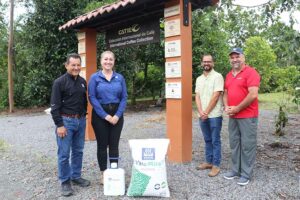Costa Rica hosts international workshop on early warning in animal and plant health
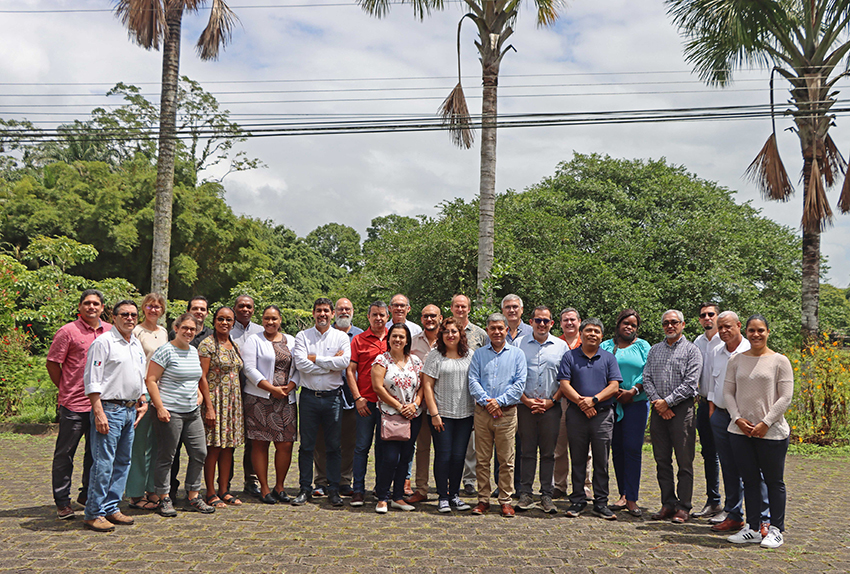
- Workshop, part of the European project AUSCAR, aims to strengthen regional networks for responding to health threats in the Caribbean.
September 11, 2023. Costa Rica was the setting for the Exchange of Experiences and Next Steps in Early Warning Regional Networks workshop, held on September 6 and 7 at the headquarters of CATIE (Tropical Agricultural Research and Higher Education Center). The event was organized within the framework of the European project Global Health Approach to reduce health risks in the Caribbean, known as AUSCAR.
The main objective of this workshop was to share experiences among organizations and regional networks regarding the exchange of information related to animal and plant health in the Caribbean, especially on early warning issues. Goals and growth needs for current regional networks were also discussed.
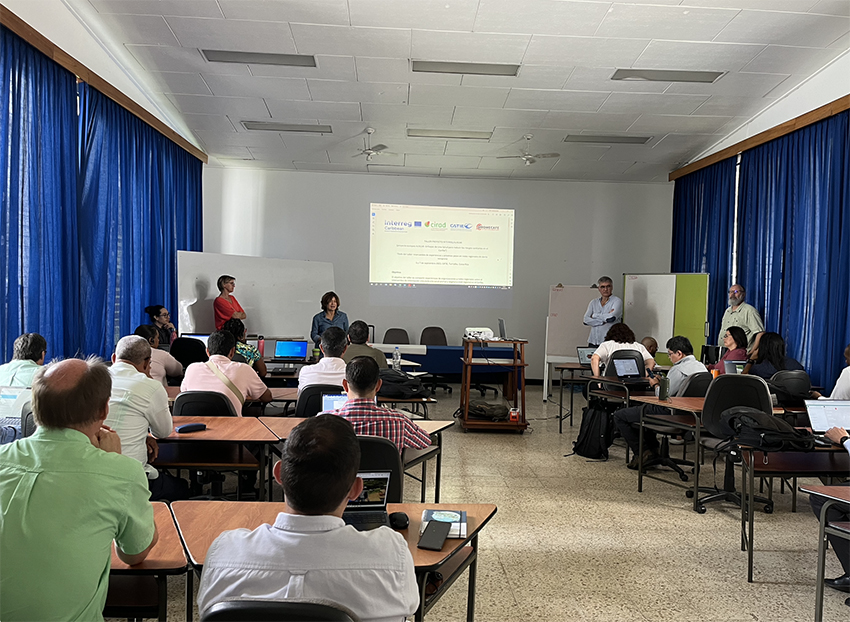
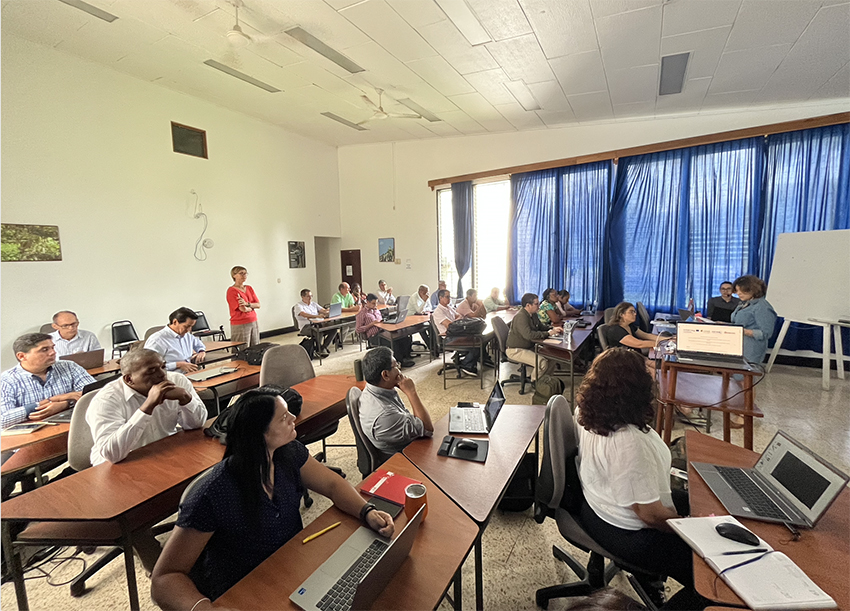
The audience was diverse and international, with 30 participants from 11 countries represented, including Nicaragua, the Dominican Republic, Honduras, Mexico, El Salvador, Jamaica, Guatemala, Dominica, St. Eustatius, Costa Rica, and France. Technical managers from eight institutions such as the Regional Cooperative Program for Technological Development and Modernization of Coffee Farming (PROMECAFÉ), representatives of the Caribbean Animal Health Network (CaribVET) and the Caribbean Plant Health Directory Forum (CPHD), as well as representatives from organizations and research centers like the National Banana Corporation (CORBANA), CATIE, the International Cooperation Center for Agronomic Research for Development (CIRAD), the International Regional Organization for Agricultural Health (OIRSA), and the Secretariat of the Central American Agricultural Council (SECAC) participated.
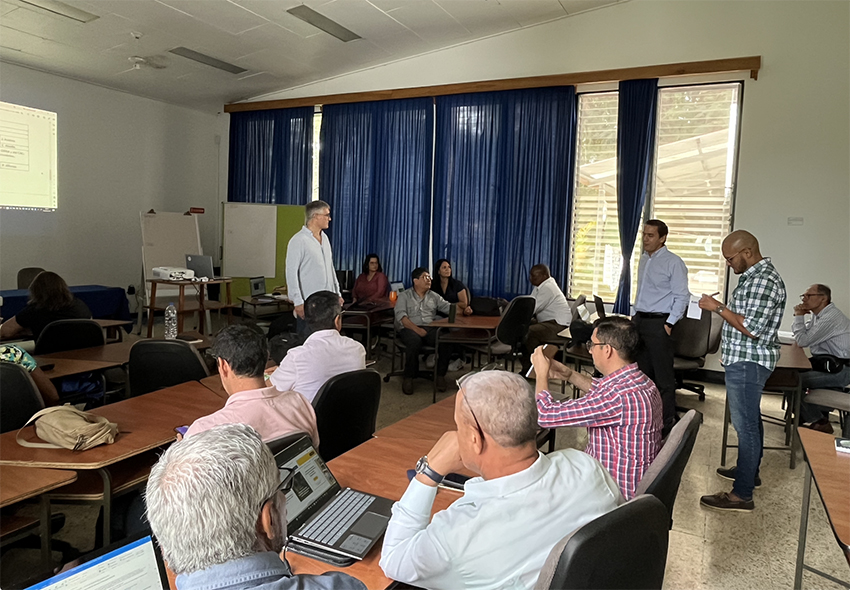
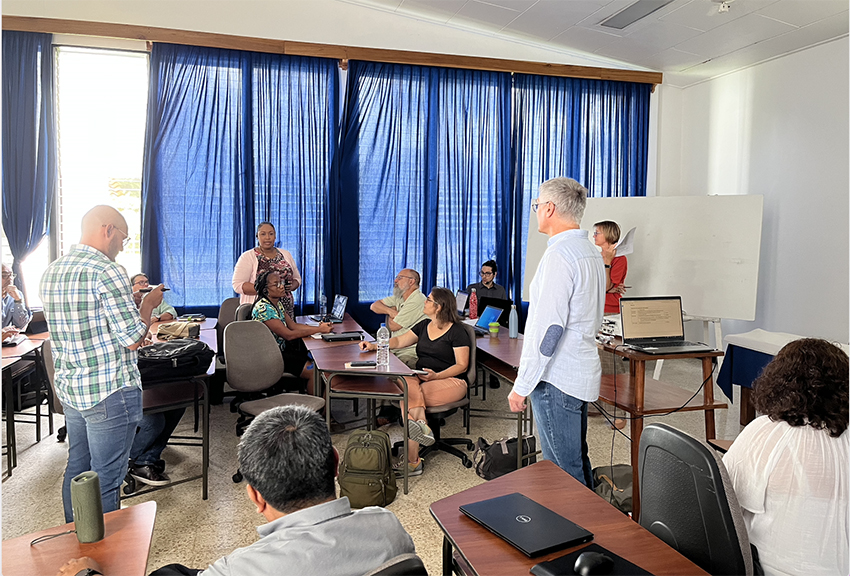
Following the workshop, the networks were able to learn from each other and promote greater cooperation between animal and plant health in both the Caribbean and Central America, laying the foundation for a possible second phase of the AUSCAR project.
"Participants are expected to now have a role in promoting closer cooperation between the networks and organizations they are involved in, and also to drive eventual changes that will be beneficial," noted Catherine Abadie, coordinator of the AUSCAR project on behalf of CIRAD.
Leida Mercado, Director of Research for Inclusive Green Development at CATIE, emphasized, "Every day we are more convinced that human health is linked to that of animals and the environment. Diseases know no borders, so initiatives like AUSCAR are vital." Mercado also highlighted the importance of scientific and technical cooperation between networks for the formulation of Phase II of the AUSCAR project.
Regarding the workshop, several participants shared their opinions. René León Gómez, from PROMECAFÉ, pointed out that it was interesting to evaluate the progress of early warning systems, identify their needs, and see how they can be strengthened. Meanwhile, Miguel Barquero, from the National Coffee Institute (ICAFE) of Costa Rica, stressed that it is of interest to the institute and a necessity to create threat assessment systems to mitigate risk, making the workshop's topic of great importance.
Catherine Abadie along with Jacques Avelino, also from CIRAD, and Juan Martín Gutiérrez, from CATIE, were responsible for coordinating and conducting the workshop.
About the AUSCAR project, Abadie explained that it is in its first phase and is funded by the Caribbean Interreg Program of the European Union. Its mission is to reduce and manage health risks (at a national and regional scale) with a global and collaborative approach to animal and plant health for the benefit of human health in the Caribbean. Its actions focus on four components:
- Establishing a practical One Health community in the Caribbean
- Setting up rapid, effective, and sustainable alert and response systems to health risks
- Creating resilient and agroecological agricultural production systems
- Supporting the implementation of public health policies and integrated governance to respond to health risks
The AUSCAR project involves more than 80 participants from nine partners, including health networks, regional organizations, and agricultural research centers such as CATIE and CIRAD.
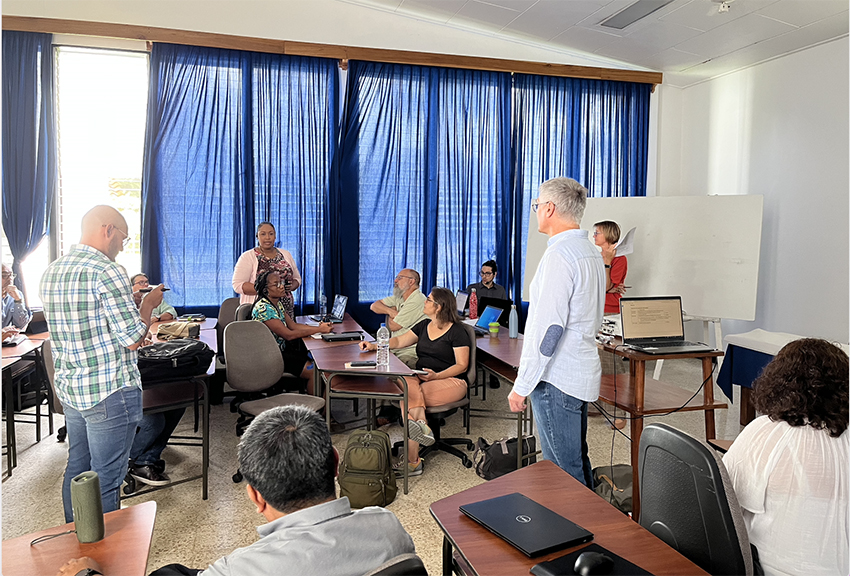
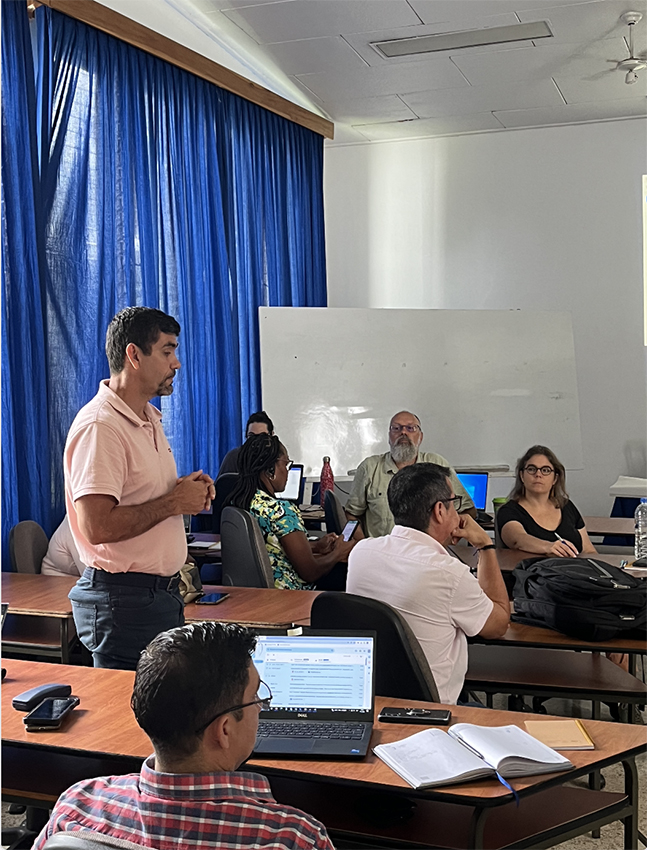
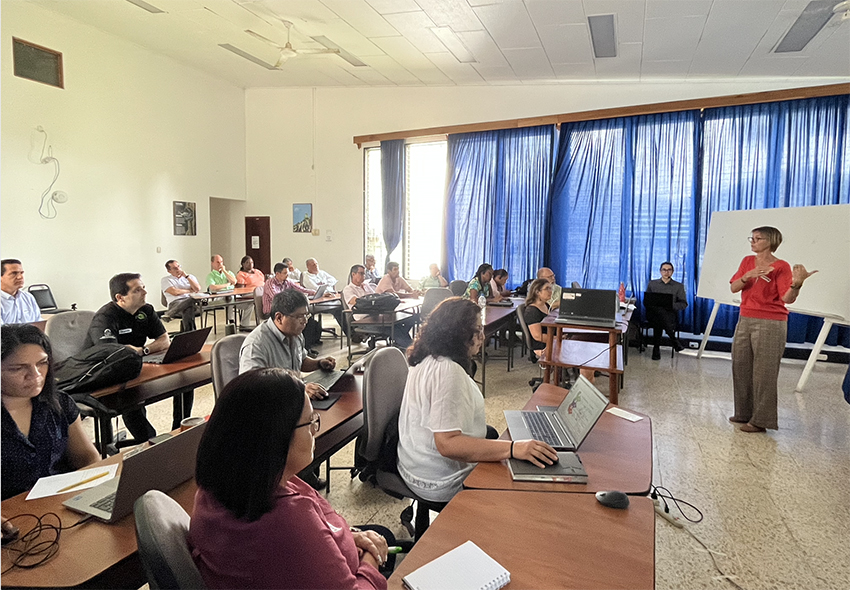
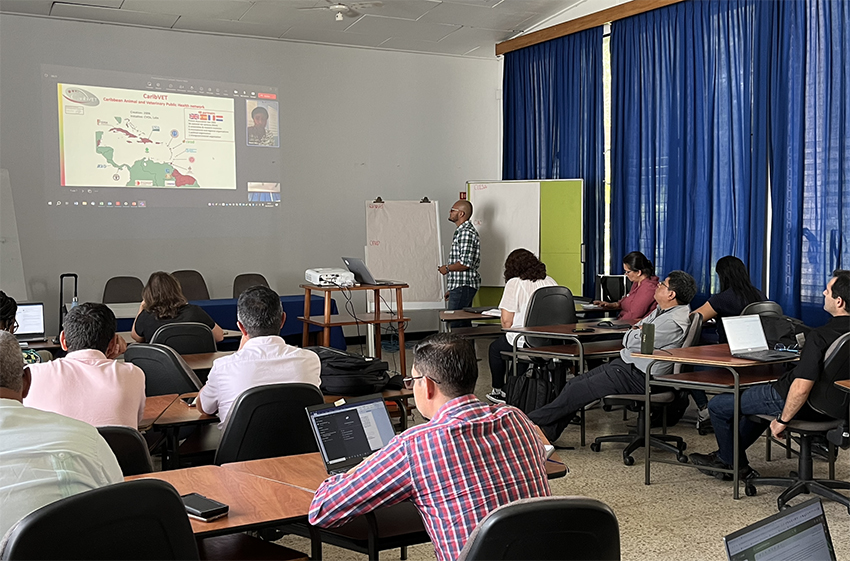
Written by:
Karla Salazar Leiva
Communicator
Communications and Marketing Office
CATIE
karla.salazar@catie.ac.cr

